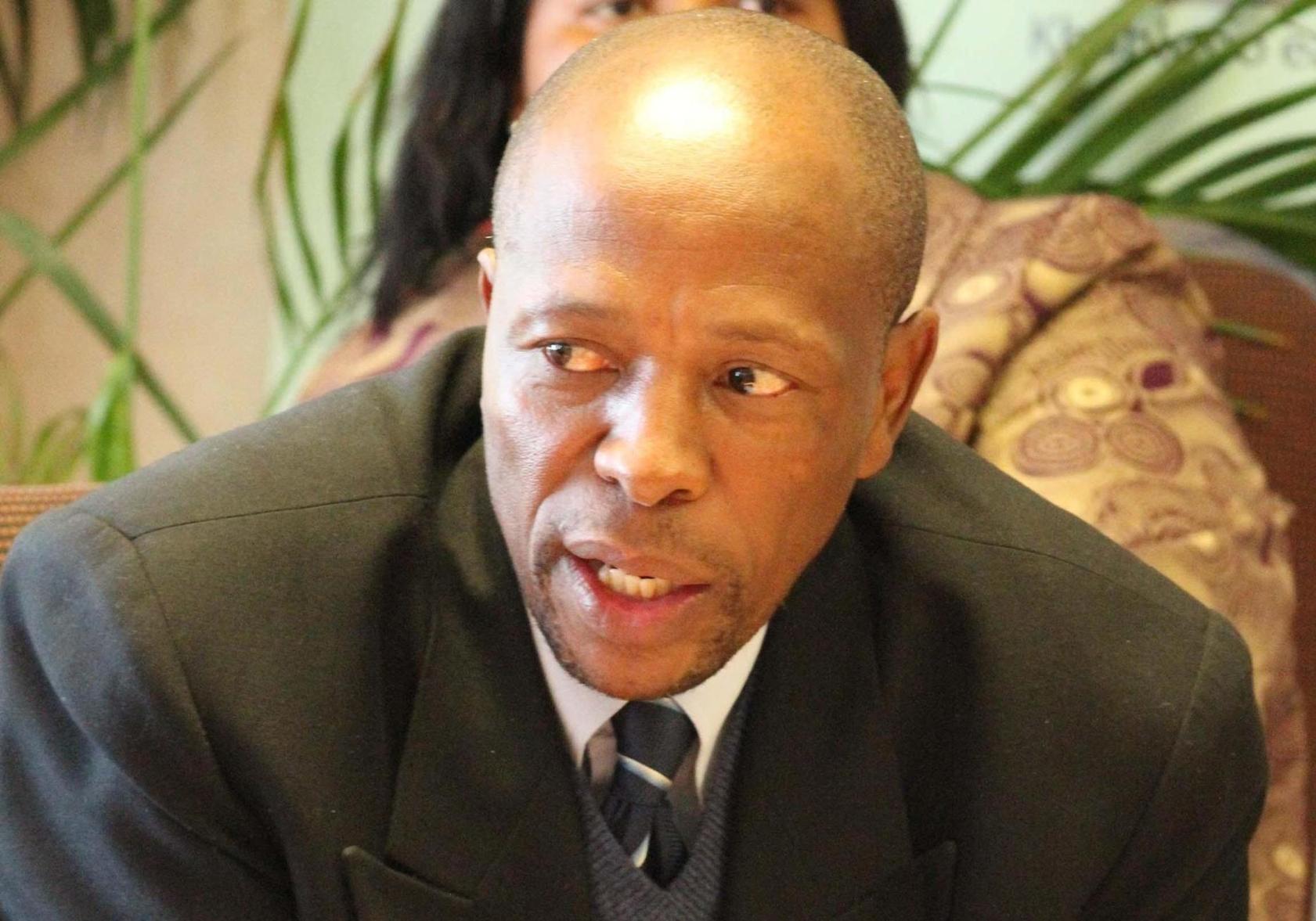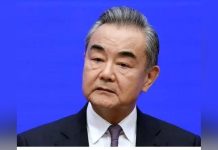Africa-Press – Lesotho. THE Directorate on Corruption and Economic Offences (DCEO) and the Director of Public Prosecutions (DPP) are set to challenge the High Court’s decision that former Local Government Principal Secretary (PS), Lefu Manyokole’s M39 million fraud case be tried in the Magistrates Court.
This after the High Court ruled in Mr Manyokole’s favour, sending his high-profile fraud case back to the lower court.
The DCEO spokesperson, ‘Matlhokomelo Senoko, told the Lesotho Times yesterday that they were going to appeal for an order to have the matter tried at the High Court.
“We are just waiting for the written judgement so we can prepare our Court of Appeal application,” Ms Senoko said.
High Court’s Justice ‘Maliepollo Makhetha on Monday this week granted Mr Manyokole’s application to stop the DCEO and the DPP from transferring his case to the High Court — a move he branded as unlawful and vindictive.
In September, Mr Manyokole filed an interlocutory application before Justice Makhetha challenging the DCEO and DPP’s decision to move his case from the Magistrate’s Court to the High Court. The transfer, he argued, exposed him to a much heavier sentence or fine than what the lower court would impose.
When the matter was initially set to proceed, his lawyer, Advocate (Adv) Mahlomola Manyokole, informed the court that he would challenge the transfer, insisting that once the DPP had directed the DCEO to prosecute in the Magistrate’s Court, there was no legal basis to reverse that decision.
He accused the DCEO and DPP of acting unlawfully and in bad faith, describing the move as irrational, malicious, and unconstitutional, and arguing that it violated his client’s rights under Section 12 of the Constitution.
“The decision to indict me in the High Court is legally flawed and unlawful because the DPP failed to give me or the other accused reasons for her decision,” Adv Manyokole argued.
“As the repository of power, the DPP is enjoined by law to make just and fair administrative decisions. In this matter, she failed to do so, and therefore her decision must be set aside as unlawful. The Magistrate’s Court was legally competent to deal with the criminal matter as it did before.”
He further argued that before invoking Section 144 of the Criminal Procedure and Evidence Act (CP&E) of 1981, the DPP was required to establish jurisdictional facts such as interference with witnesses, threats to state security, or overriding public interest — none of which applied in his client’s case.
Adv Manyokole accused both the DPP and the DCEO of abusing their powers, saying: “The DPP’s decision amounts to an abuse of power and is not supported by any evidence. She acted on no evidence, which clearly shows she improperly exercised her discretion. This irrational decision cannot be allowed to stand.”
He also submitted that his client would suffer prejudice if the trial proceeded in the High Court, having lost his former counsel, Adv Salemane Phafane KC, due to unaffordable fees at that level — fees he could afford in the Magistrate’s Court.
Citing Section 43 of the Prevention of Corruption and Economic Offences Act, 1999, Adv Manyokole maintained that once the DCEO is authorised to prosecute, the DPP no longer plays a role in the case. He therefore asked the court to review and set aside the DPP’s decision and order that the matter (CRI/T/MSU/0211/23) proceed in the Magistrate’s Court to finality.
However, Adv Jay Naidoo, who appeared on behalf of the DCEO and DPP, strongly opposed the application, arguing that Section 144(1)(b) of the CP&E grants the DPP discretion to decide where an accused person should be tried.
“Section 144(1)(b) clothes the DPP’s office with discretion as to where an accused (person) should be tried when jurisdictional considerations exist. The law does not require a consultative process with the accused, nor does it compel the DPP to provide reasons or justification for indicting a case before the High Court,” Adv Naidoo said.
He added that while the case could indeed be heard at the Magistrate’s Court, the High Court also had jurisdiction. He urged the court to dismiss the application with punitive costs, describing it as out of time, frivolous, and completely without merit.
When handing down her judgment, however, Justice Makhetha sided with Mr Manyokole.
“The Crown has not placed before this court the jurisdictional facts affecting public interest upon which the decision to indict the accused was based, as required under Section 144 of the CP&E,” Justice Makhetha ruled.
Justice Makhetha noted that Section 6 of the High Court Act clearly defines the circumstances under which a case that falls within the jurisdiction of a Subordinate Court may be moved to the High Court.
“I am satisfied that the Subordinate Court has the requisite resources to handle this case, as those courts have always tried similar matters,” she added.
The judge further ruled that any delay in challenging the DPP’s decision was not sufficient grounds for the High Court to assume jurisdiction.
“Before the accused have tendered their pleas, this is an appropriate stage for remitting the matter back to the Subordinate Court for continuation of case CRI/MSU/0211/2023, as prayed by the applicant. The application for review succeeds with no order as to costs. The case is remitted to the Subordinate Court to be tried there,” she said.
Mr Manyokole is charged alongside former Local Government PS Nonkululeko Zaly, former Cabinet PS Thabo Motoko, and several others for allegedly embezzling M39,959,159.30 in state funds during the 2021 – 2022 state of emergency declared by former Prime Minister Moeketsi Majoro following devastating floods.
Other accused include the late Disaster Management Authority (DMA) boss Makhotso Mahosi (who was killed in a 2023 robbery alongside her son), Ketso Baba Ketso and his companies Kypros and Maru-a-Pula, Mooka Namoli, Setofolo Ramarou, Pule Thoahlane, Chipo Hulela, Keketso Makoko, and two companies — Gee M Construction and Botselo Pty Ltd.
All accused were released on M20 000 bail under conditions that they attend remands, refrain from interfering with witnesses, and stand trial to finality.
Messrs Namoli, Ramarou, and Thoahlane later faced four additional charges of fraud, corruption, money laundering, and bribery.
The rest of the accused have not joined Mr Manyokole’s application. However, they stand to benefit as they are tried together.
For More News And Analysis About Lesotho Follow Africa-Press






